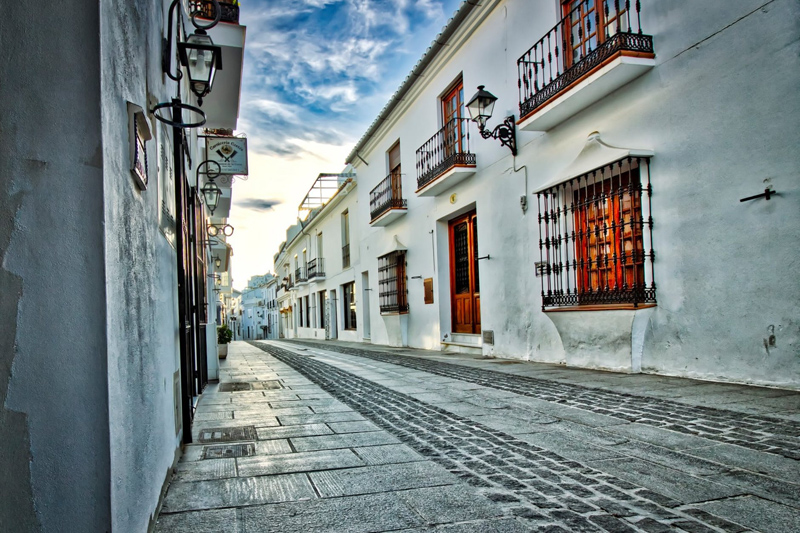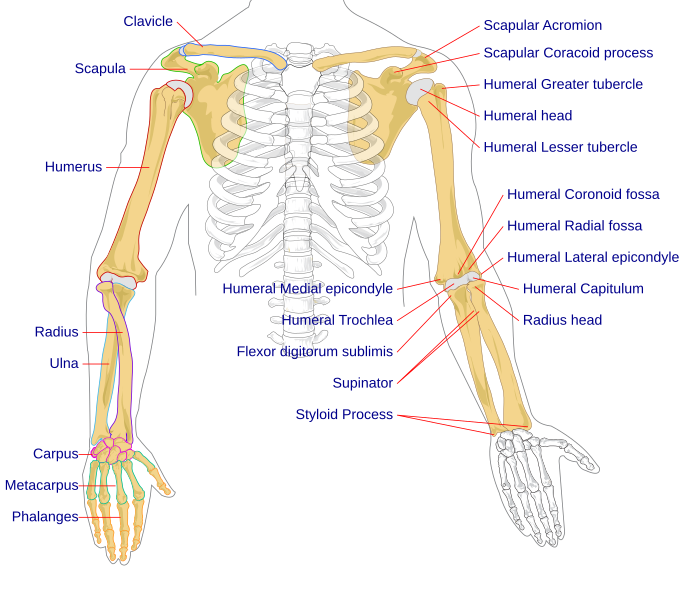Spanish tip of the month – Polisemia - Polysemy

| What is "polisemia"? According to the Real Academia de la Lengua Española, polisemia is "Pluralidad de significados de una palabra o de cualquier signo lingüístico." ("Plurality of meanings of a word or any liguistic sign.") Or, in other words: Polisemia: una palabra que tiene varios significados. That is: A word with different meanings. So we can talk about polysemic words, or palabras polisémicas. The meaning of a polysemic word depends on the context, on the sentence or situation it is used. Let's chose, for example the Spanish word "radio". We have one word and different meanings:
But in Spanish we also have a feminine (4) radio! That's the "machine" we use to listen to radio stations. Let's now see some sentences using the word "radio":
So, whenever you find a new word and want to know what does it mean, take a look at the dictionary and, depending on the word, you'll find different meanings for that word. If so, you'll be learning a polysemic word. Finally, here is the list of vocabulary used in the examples:
The book Practice Makes Perfect: Spanish Vocabulary (Practice Makes Perfect Series) You Should Also Read: También and tampoco Diéresis Using masculine articles with feminine nouns  Related Articles Editor's Picks Articles Top Ten Articles Previous Features Site Map Content copyright © 2023 by Angeles Fernández. All rights reserved. This content was written by Angeles Fernández. If you wish to use this content in any manner, you need written permission. Contact Angeles Fernandez for details.
|









